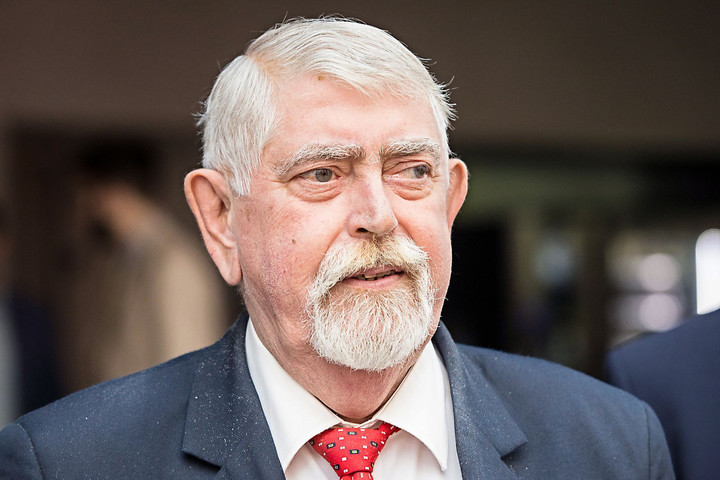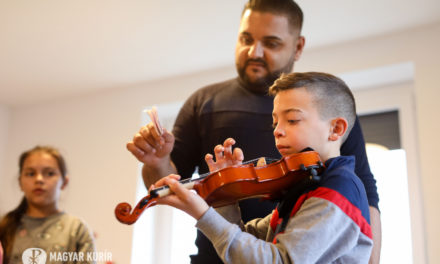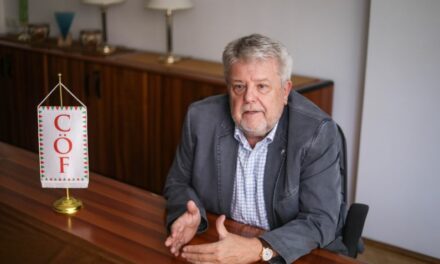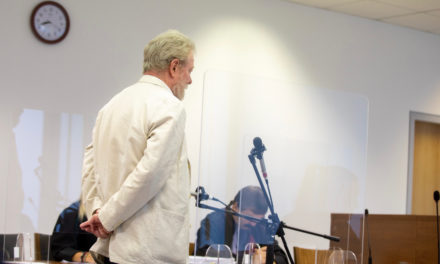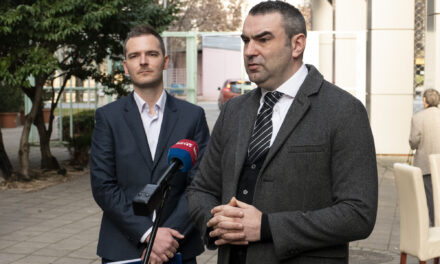We must strive for our nation to be Hungarian and educated at the same time, so that it can take its place among the larger and more powerful European nations - quoted Loránd Eötvös, the Minister of Human Resources, when he handed over the Klebelsberg Center's institutional leadership assignments in Budapest on Saturday.
Miklós Kásler said: the uniqueness of our education system lies in the fact that it perfectly combines the application of modern scientific knowledge and the traditional education-oriented, value-oriented Hungarian pedagogical practice. It is successful because it combines ancient Hungarian traditions, European classical and Christian values, and the knowledge of the most modern era.
He pointed out that the history of the Hungarian education system is more than a thousand years old, since St. Stephen established the first schools within the walls of monasteries and convents, and a succession of Hungarian kings were excellent school organizers, up to the Kunó Klebelsberg . The tradition of generations of Hungarians is that in difficult situations, knowledge and education are the unifying and saving force of the nation, and the custodian of culture is the teacher and the school.
A good example of this is the educational organizing activities of Kunó Klebelsberg after Trianon, thanks to which Hungarians survived, and " the past decades we have reached the point (...) that Hungarians are once again the most populous nation in Central Europe, which is gradually expanding its sovereignty", said Miklós Kásler.
The minister believed that a "moral and ethical interregnum" and a demographic and identity crisis had developed in the western half of Europe and the Euro-Atlantic world. Meanwhile, the "Southeastern countries", which do not struggle with identity disorder, show the exact opposite tendencies: they have preserved their spirituality and are growing materially as well. In this situation, the preservation of values and traditions is also a condition for the preservation of Hungarianness. We must strive to pass on this characteristic Hungarian outlook on life to our students, so that they become valuable members of the Hungarian nation and all of humanity, he added.
The minister expressed his hope that the thoroughly discussed new National Basic Curriculum can become a pillar of further developments. He said that the reduction included in the basic curriculum makes the student workload even, and at the same time provides considerable space for schools and teachers. The changes appearing in it are also reflected in the new textbooks, most of which are already available digitally.
Finally, the minister drew attention to the fact that the challenges of the pandemic must also be dealt with in the next period. He emphasized that the Hungarian school and the teachers, who stood up in an exemplary manner, stood by the healthcare sector in this struggle. It seems that the epidemic has only subsided temporarily, so the difficulties will continue for the next months, said Miklós Kásler, who thanked the teachers for their work so far.
This time, 374 people from the Klebelsberg Center were appointed as head of institutions.
(Source: Magyar Hírlap. Cover photo: Tamás Purger)

